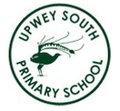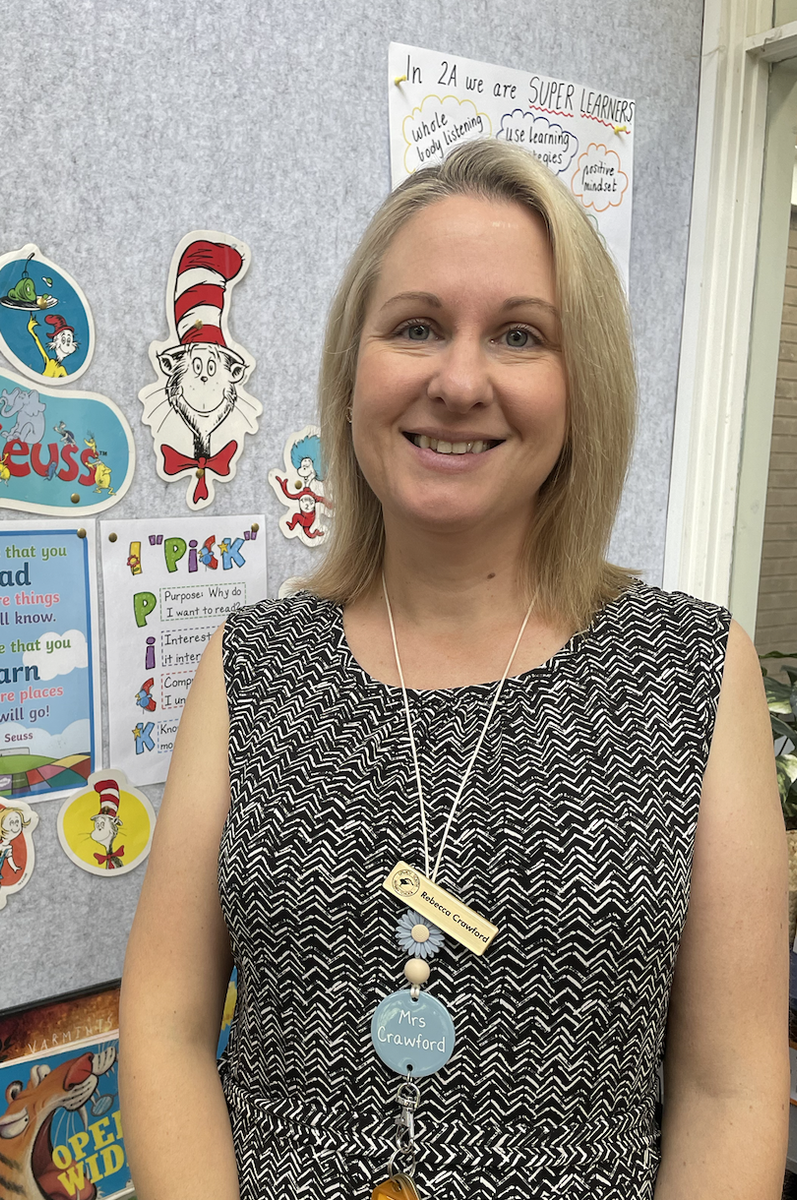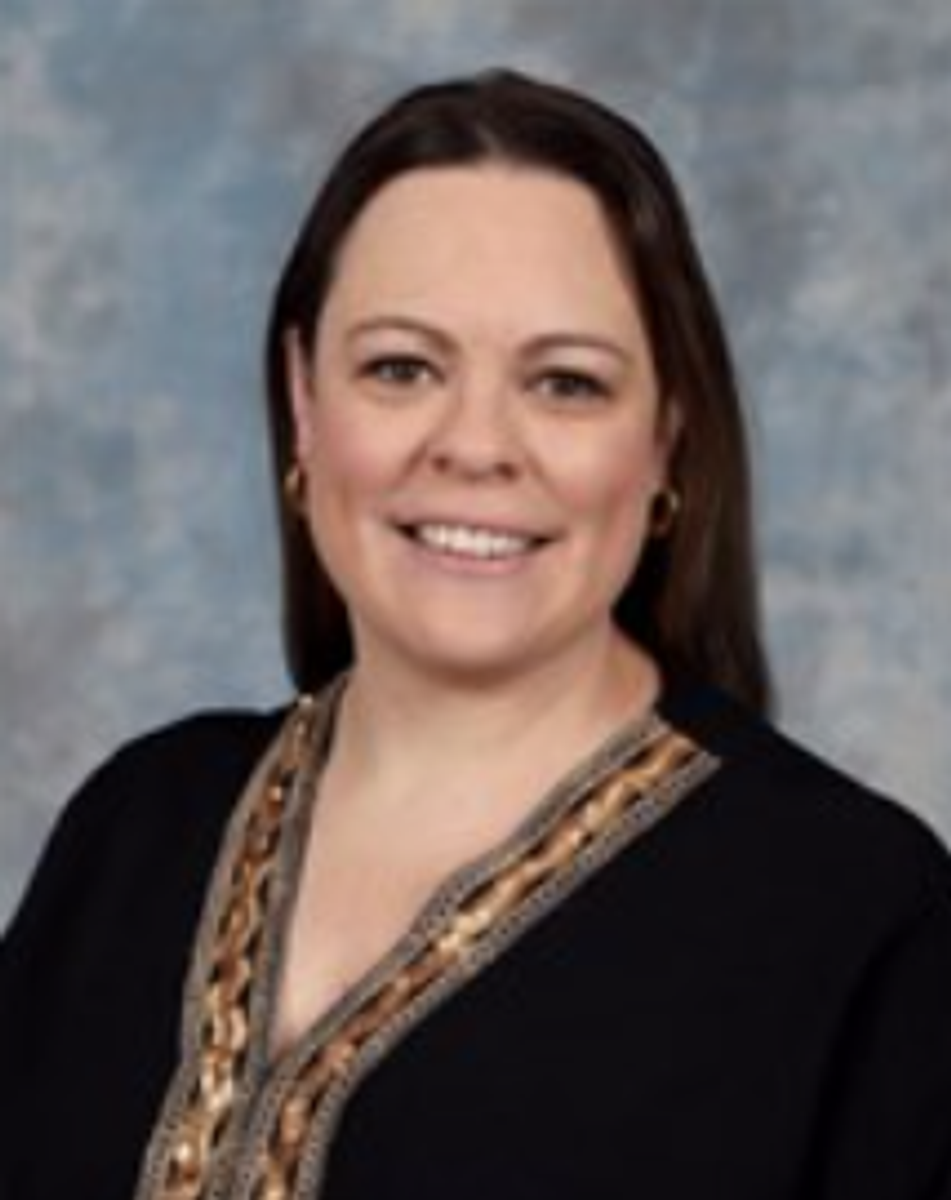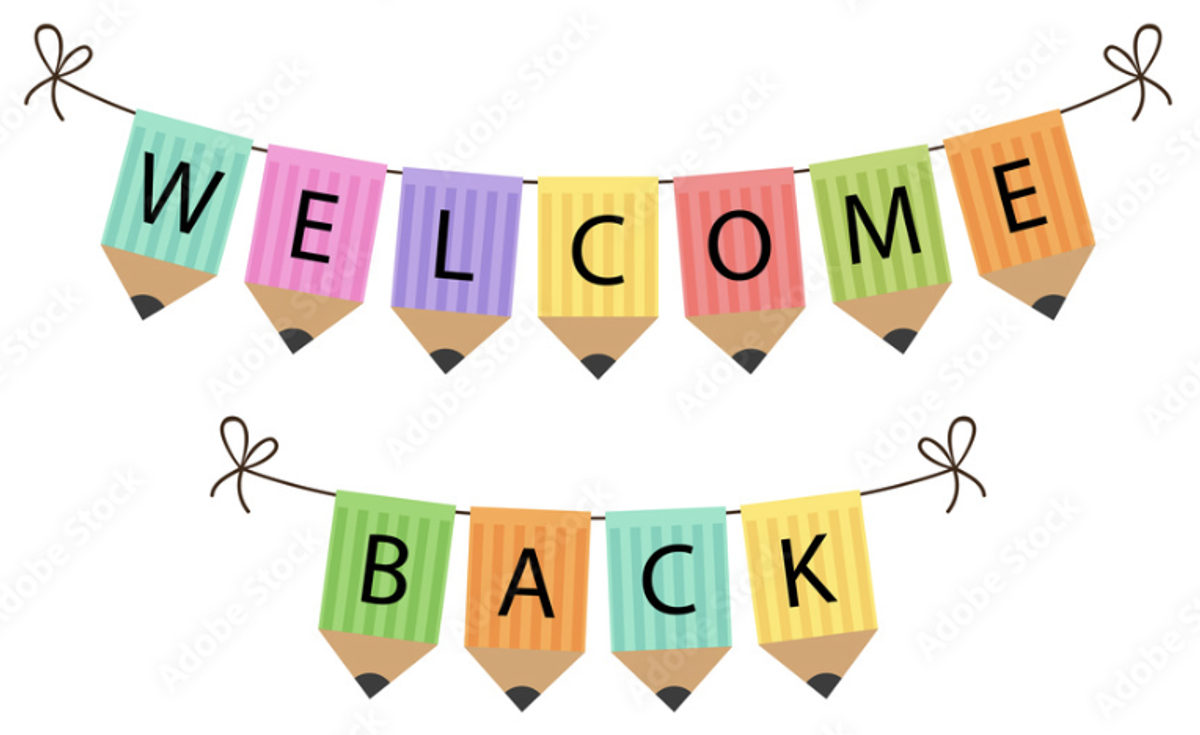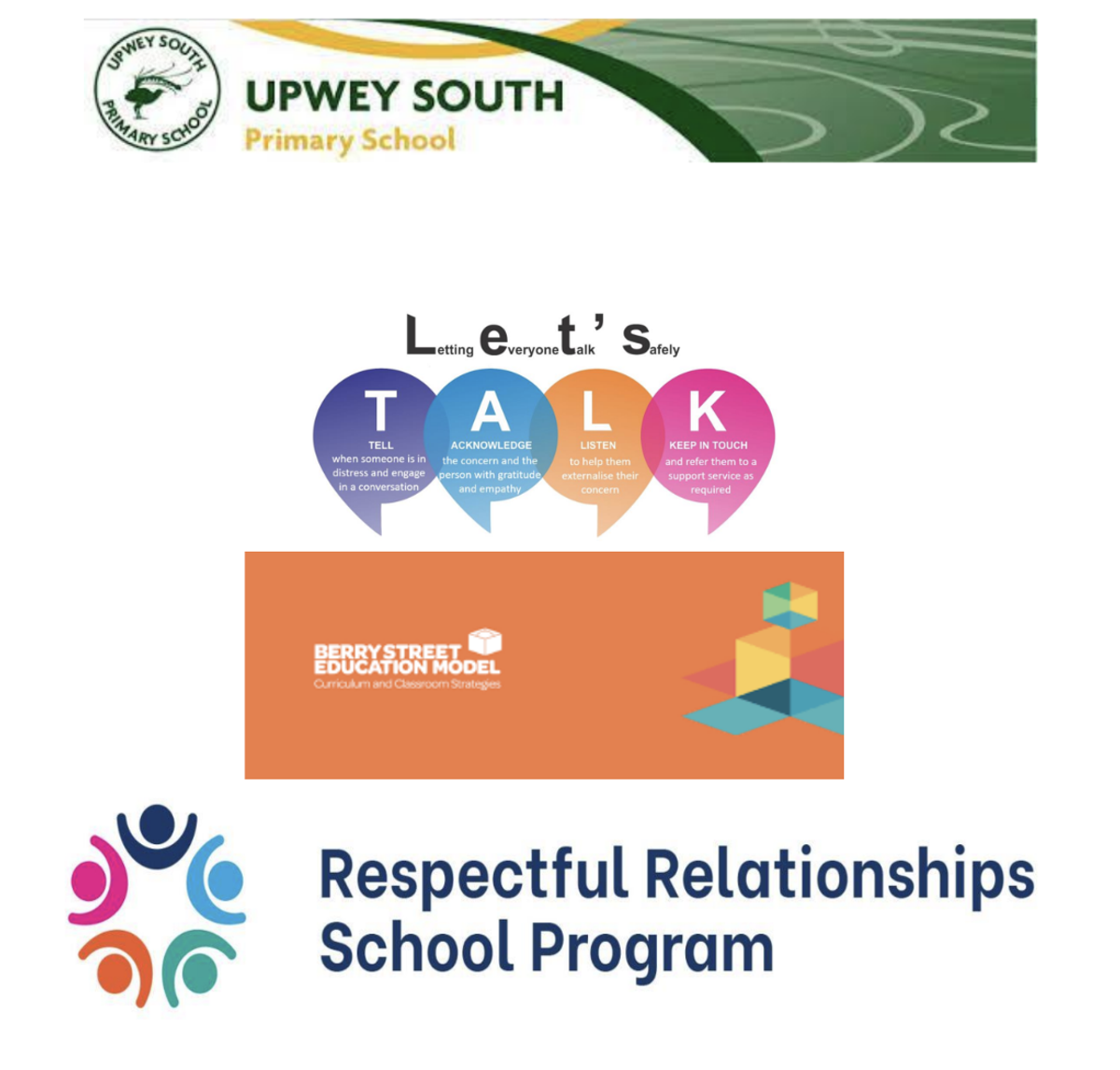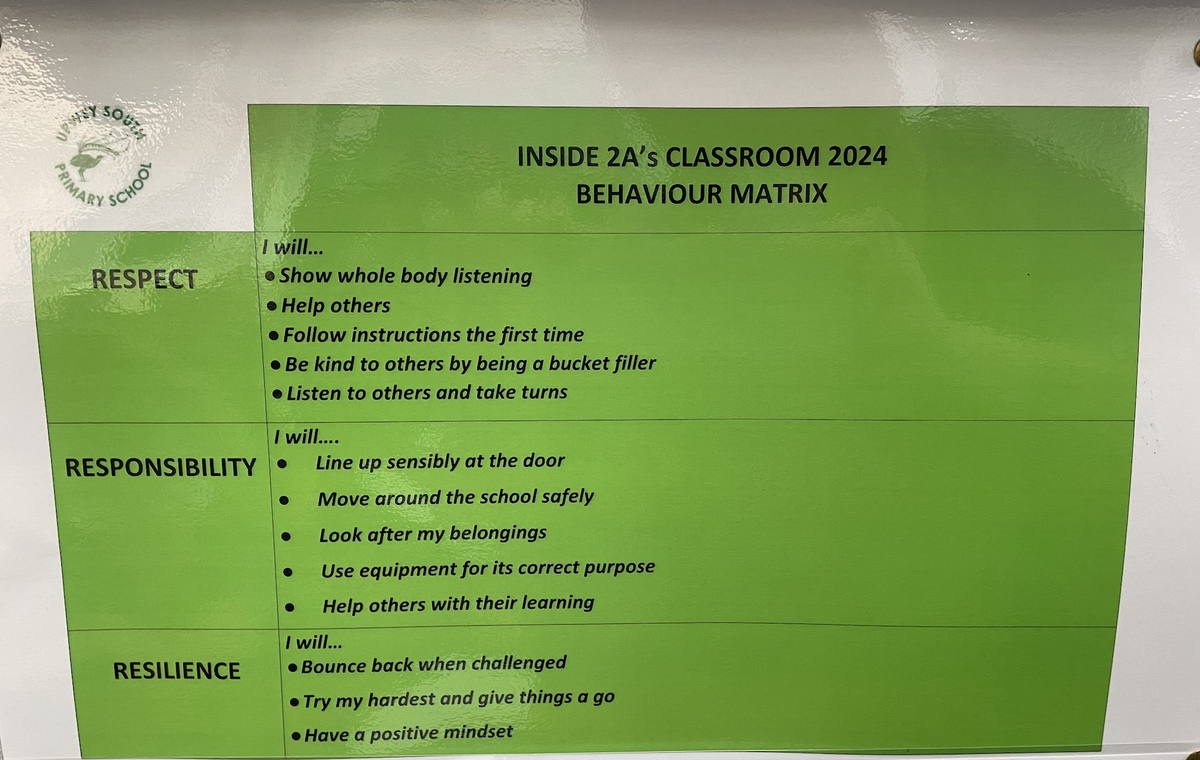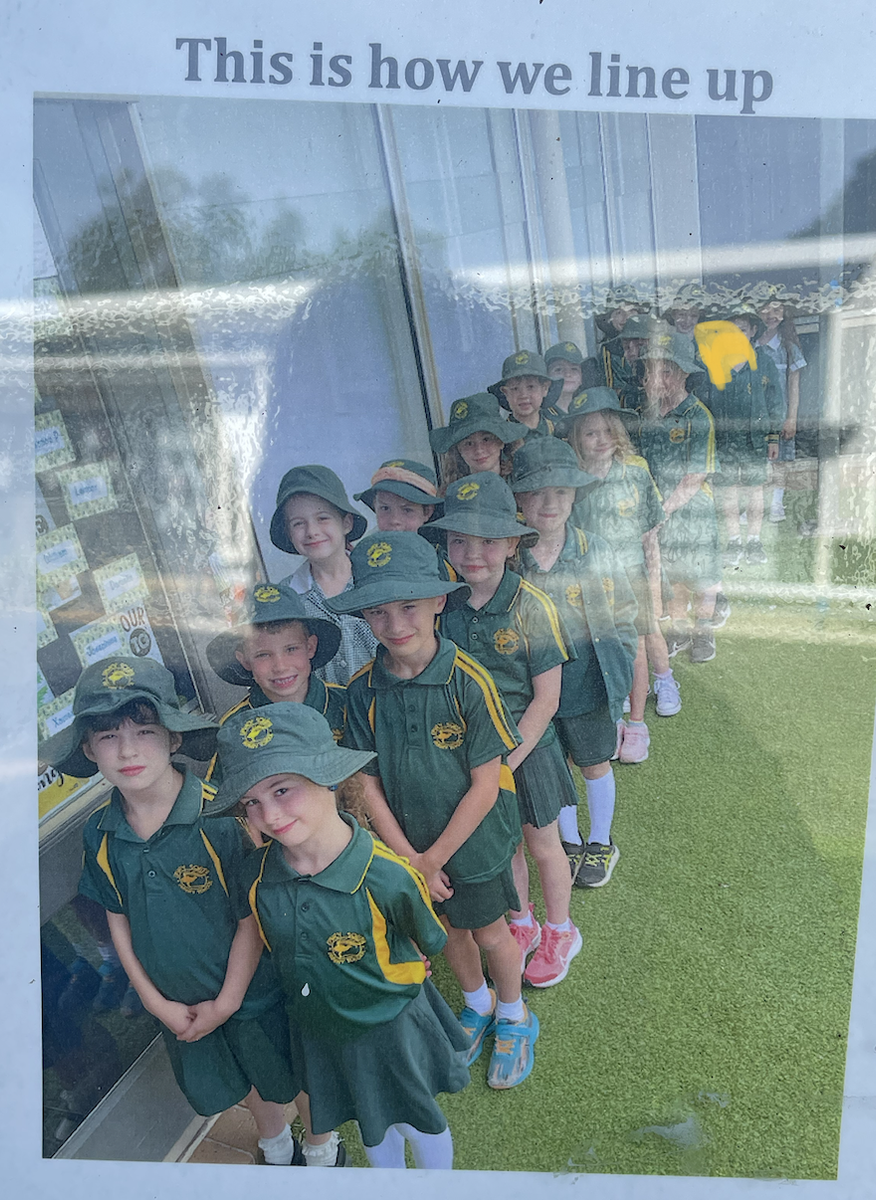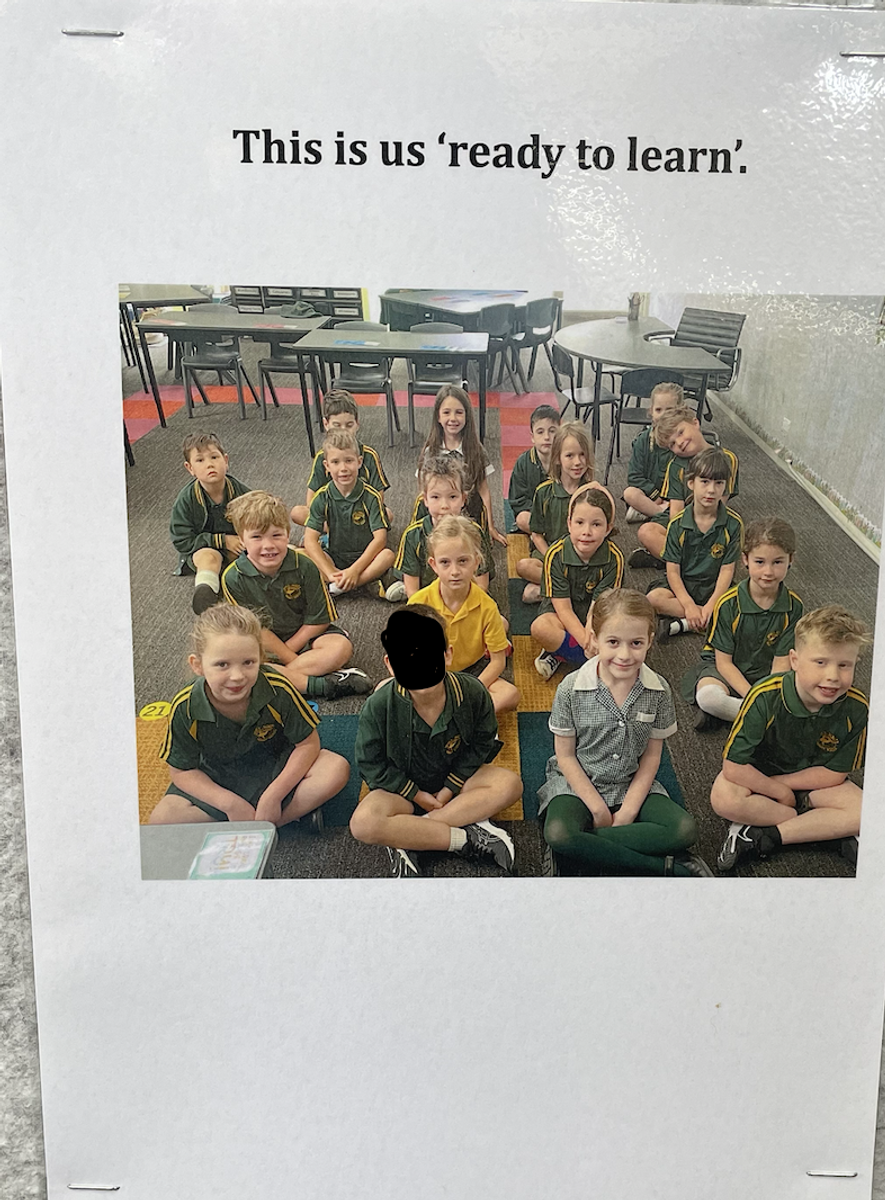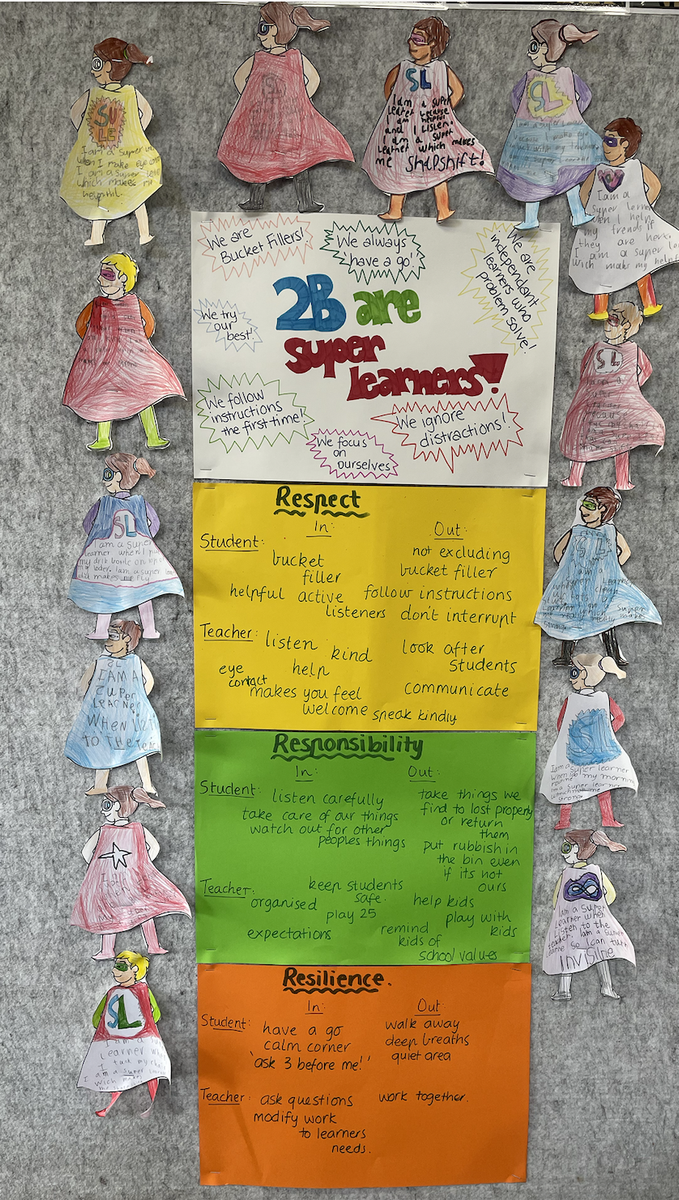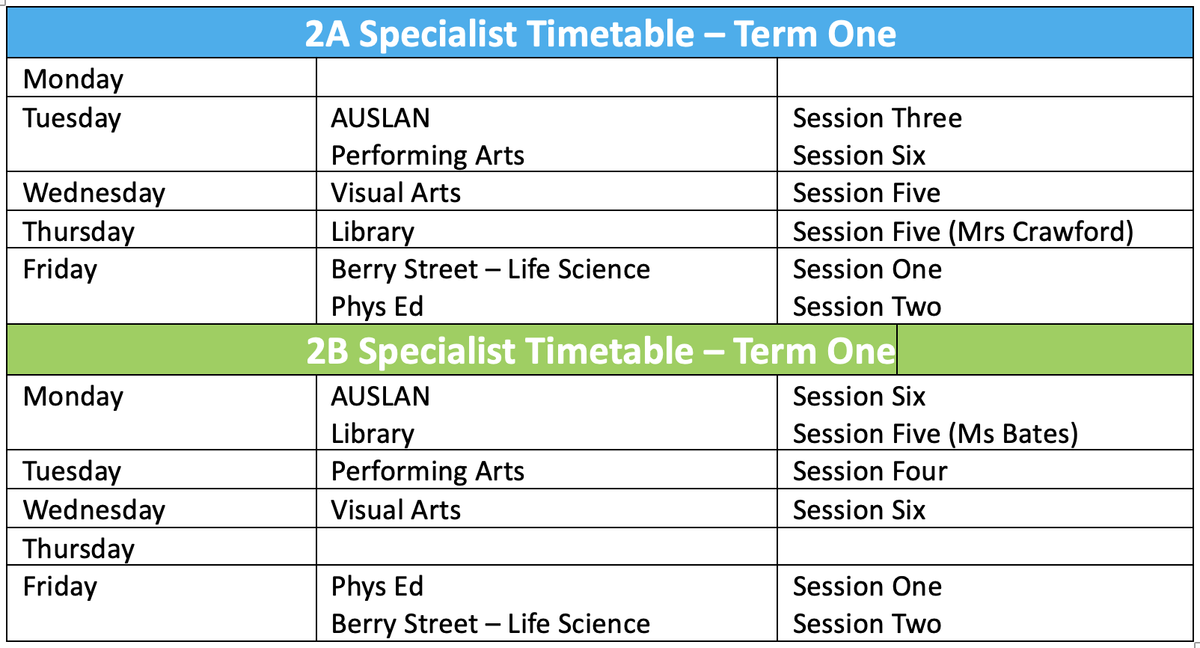Year Two
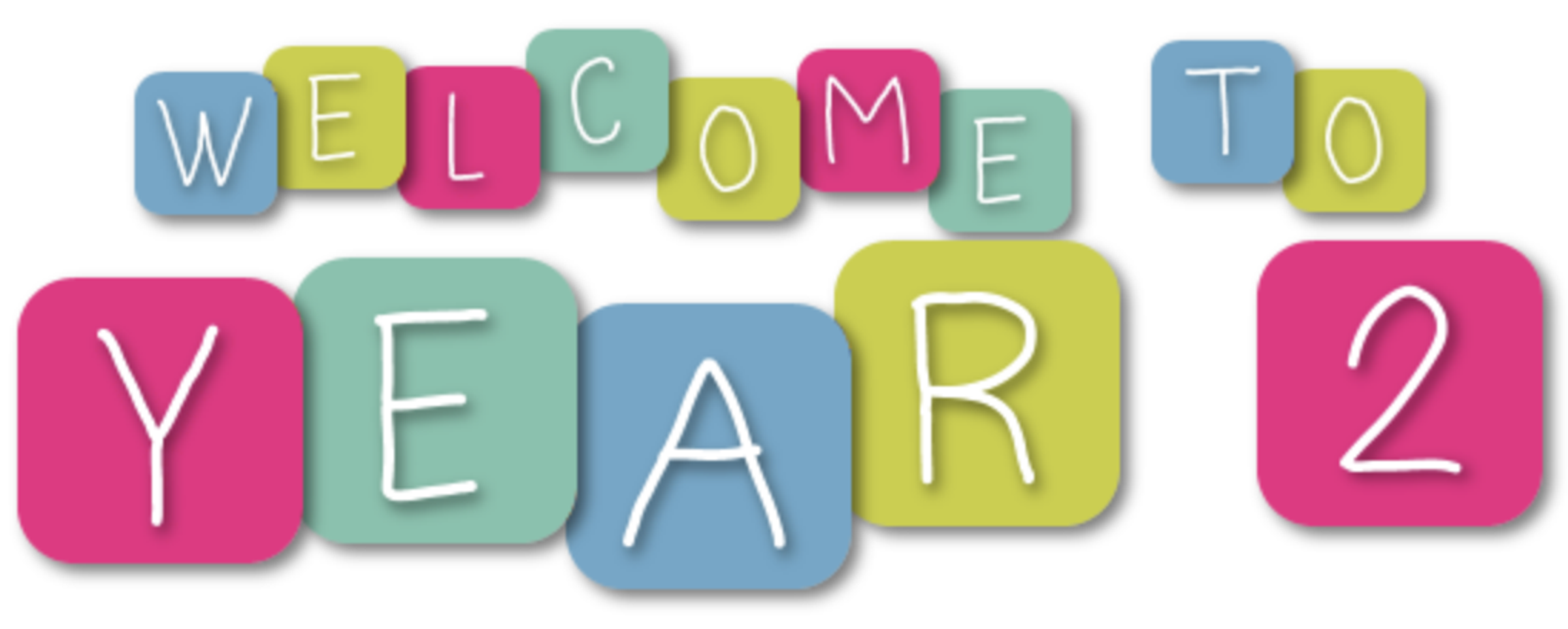
Communicating with the Year Two Team
We look forward to partnering with you in 2024:
Rebecca Crawford (Class 2A) Rebecca.Crawford@education.vic.gov.au
Zoe Bates (Class 2B) Zoe.Bates@education.vic.gov.au
Welcome back to school!
Mrs Crawford and Ms Bates have been so glad to see our students back inside classrooms, establishing new routines and forming those all important relationships with their 2024 teachers! We look forward to a wonderful year, filled with lots of rich learning opportunities.
School Wide Positive Behaviours for Learning (SWPBL):
As a school community, we hear a-lot about SWPBL, but what is it?
Here at USPS we operate under the three values of Respect, Responsibility and Resilience. Positive Behaviours are focused on and rewarded through awarding House Points and receiving Green Gotchas from the teaching faculty.
Other programs that we partner with to enhance the wellbeing of our students and compliment our SWPBL framework include Let's TALK (helping everybody talk safely), the Berry Street Education Model (which is embedded into everything we do as teachers at USPS) and in 2024, introducing the Respectful Relationships Program. Students in Year Two have already completed two lesson this year with a focus on identifying different emotions and how environmental triggers can cause a variance in how our body responds to different situations.
It is important that as a student at our school, we are demonstrating the school values at all times, both within the classroom, outside in the yard and when representing our school through the many wonderful extra curricular opportunities provided to our students or on an excursion to consolidate learning outcomes.
When the Year Two teachers set up classrooms for the year, students unpacked each of the school values in depth, and were explicitly taught the difference between expected and undesired learning behaviours/ choices. The Year Two classrooms were then able to construct their 2024 Behaviour Matrix's for the year when reflecting upon our settling in activities. Students modelled desired learning behaviours and made pictorial representations that have been set up in classrooms for reference throughout the year.
Specific language such as 'bucket filling' versus 'bucket dipping' was introduced to students to identify our actions when we are in a group environment. Students brainstormed and sorted behaviours that were considered either bucket filling behaviours, or bucket dipping behaviours. They then coloured in their own bucket and of course finished it off with a little sparkle of glitter!
Students became 'super learners' by brainstorming expected behaviours within the classroom environment. This included the introduction of self help strategies such as 'see three before me' and establishing call and return phrases such as 'Hands on top!" " That means STOP!" when teachers are trying to move between classroom transition and give instructions. By setting up clear expectations early on in the year, students are provided with consistent and predictable routines which decreases cognitive load once nural pathways are established. Consistency is key and has been maintained with universal language being used across both classrooms.
The text 'What If Everybody Did That?' By Ellen Javernick was used to highlight to students the importance of following desired learning behaviours while at school. By outlining the undesired behaviours, students were able to flip the narrative and rewrite expectations in a positive way.
These activities and introduction to specific language will assist students in remembering our agreed behaviour norms that were co-constructed for indoor and outdoor behaviour matrixes.
Take Home Readers:
The Year Two Take Home Reading Diaries for 2024 have been sent home. You will notice it looks quite different to that from Year One. This is because the Year Two InitaLit program runs a little differently. There is a big focus on students picking their own Take Home Readers as the evidence suggests it helps students build a sense of responsibility over their own learning.
In class, students have been taught explicitly how to pick a 'good fit book' for themselves and their teachers will refer back to this process regularly throughout the year.
Students are encouraged to read at least four nights per week for a duration of 10-15 minutes out loud to a grown up then record their reading in their journal. Please also encourage
Reading diaries will be checked each Monday.
Year Two Specialist Timetable:
